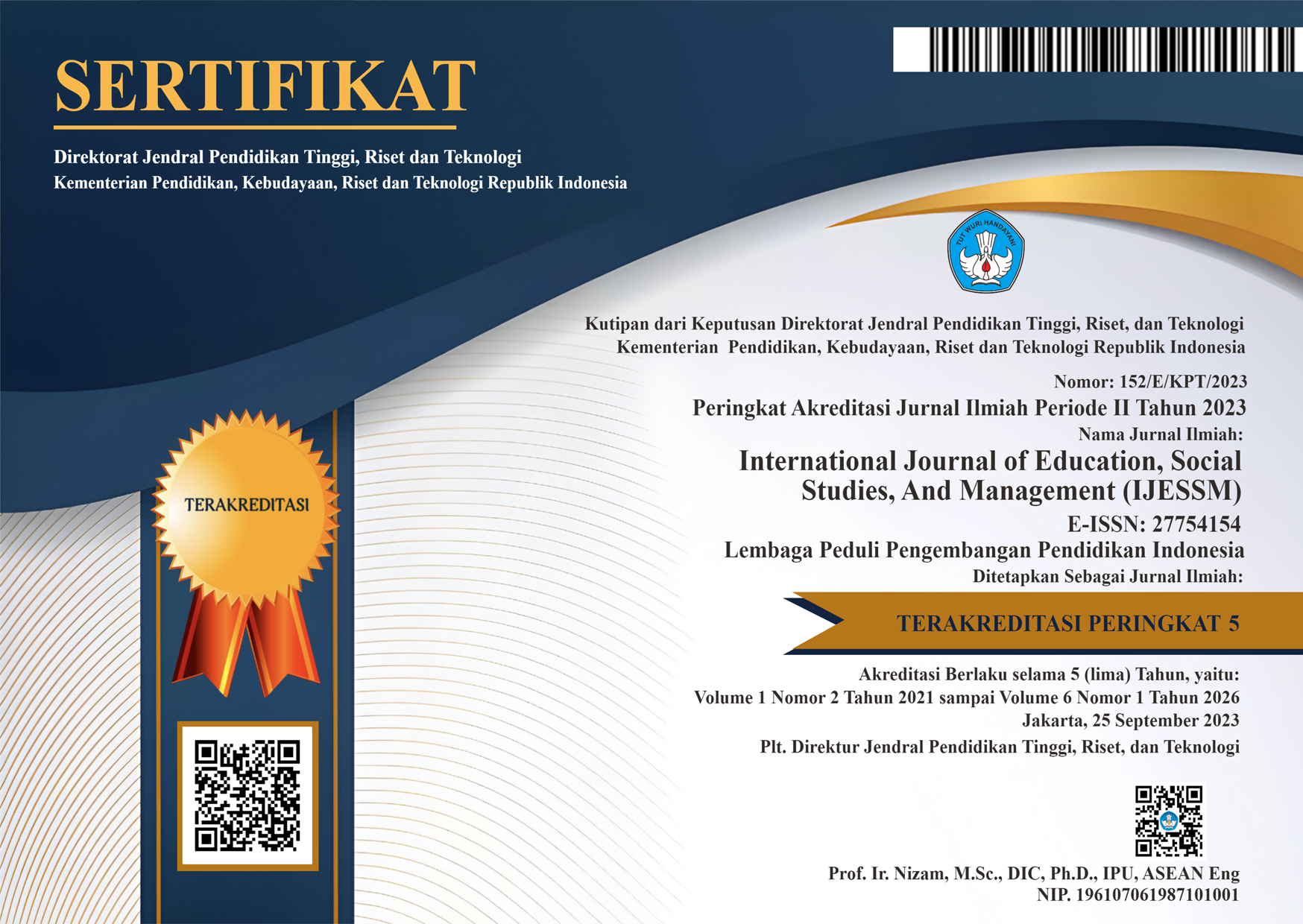Challenges and Solutions in Administrative Management in Educational Institutions in Labuhanbatu Regency
DOI:
https://doi.org/10.52121/ijessm.v5i2.752Keywords:
Educational Administration, Leadership Reform, Digital Capacity-BuildingAbstract
This study investigates the administrative management challenges faced by educational institutions in Labuhanbatu Regency and explores strategic solutions adopted by selected schools. Using a qualitative case study approach, data were collected through interviews, document analysis, and observations involving 15 stakeholders from ten institutions. The findings reveal systemic issues, including an absence of local policy guidelines for principal tenure, political interference in leadership appointments, inadequate digital proficiency among administrative staff, and a lack of structured performance evaluation. These challenges have led to frequent leadership turnover, inefficiency in school operations, and employee burnout. However, several high-performing schools have implemented effective solutions, such as internal training workshops, Total Quality Management (TQM) practices, and participatory leadership, resulting in measurable improvements in administrative efficiency and stakeholder satisfaction. The study concludes that while administrative problems are multifaceted, they can be addressed through targeted institutional reforms supported by policy and capacity-building initiatives.
Downloads
Published
How to Cite
Issue
Section
License
Copyright (c) 2025 International Journal Of Education, Social Studies, And Management (IJESSM)

This work is licensed under a Creative Commons Attribution 4.0 International License.

















